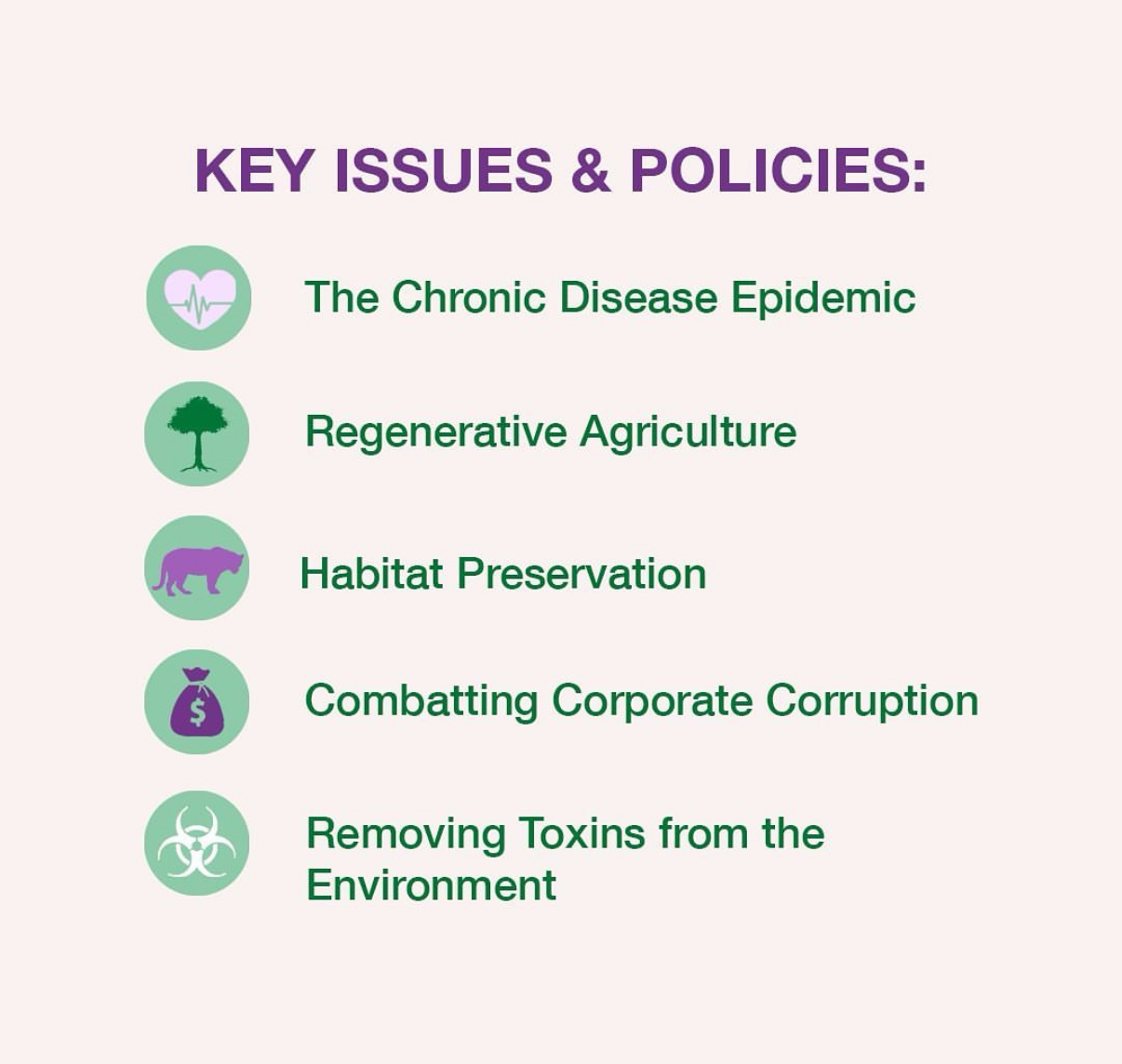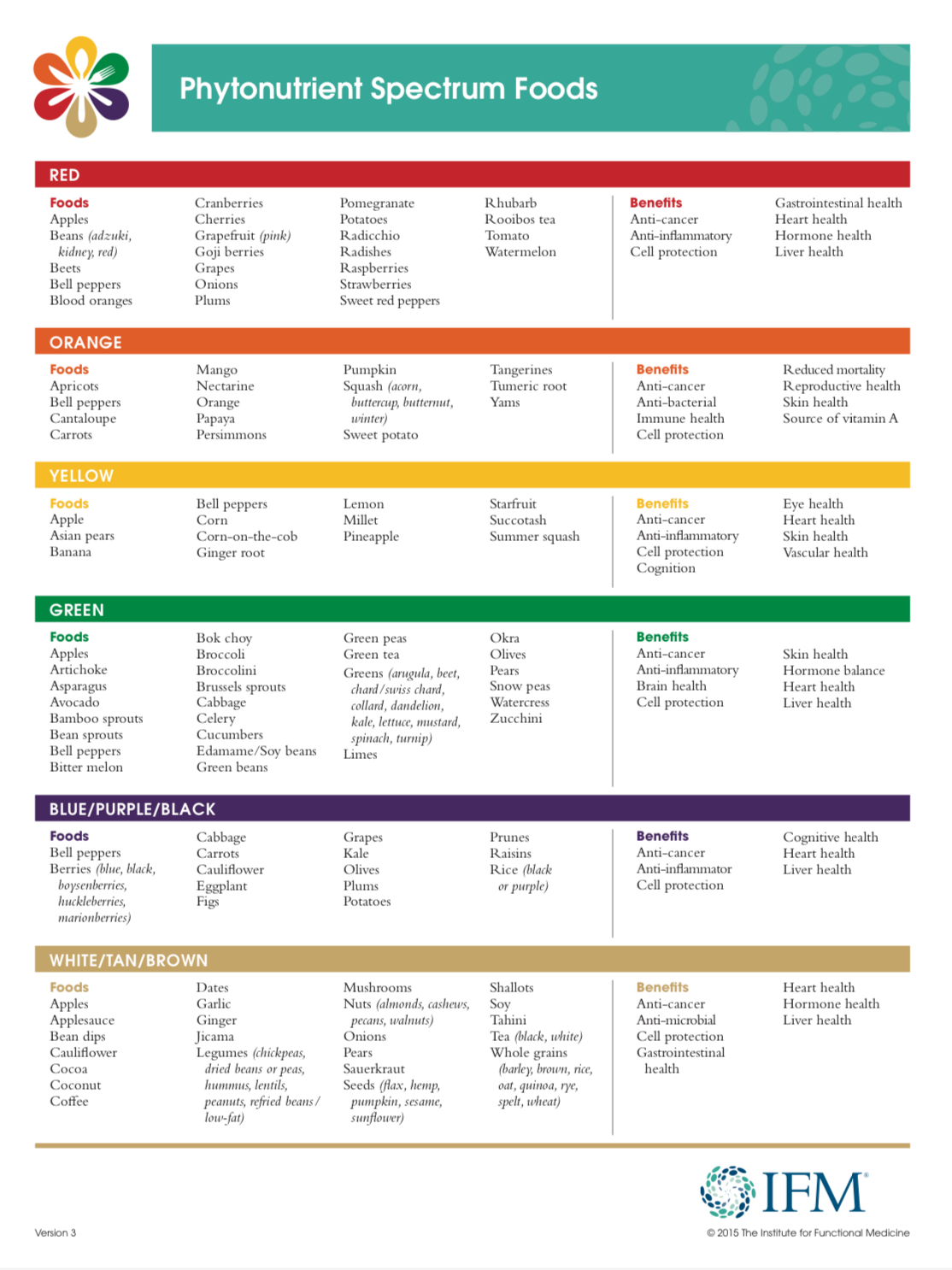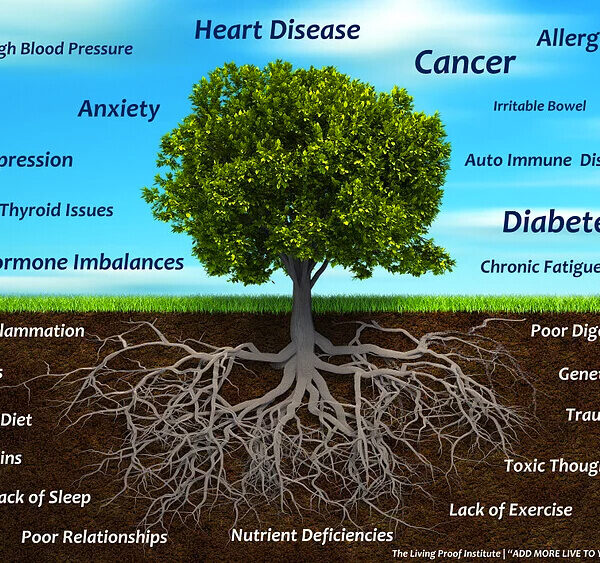In light of the upcoming presidential election this week, can I just say how exciting it has been for me to see the momentum around the “Make America Healthy Again” movement? I am someone who obviously cares a lot about people’s health and wellbeing, evidenced by the fact that I spend a good deal of time, energy and heart to educate and encourage folks on a variety of overall wellness topics through this blog! But in truth, it can get a little lonely over here in my corner of the internet. It is easy to wonder sometimes if very many people really even care about this stuff like I do? So to watch “MAHA” catch fire and spread really bolsters my motivation to keep doing my part!

There is no denying that the healthcare system in America is not working well. The results of a recent study conducted by The Commonwealth Fund, an independent research group, showcase this. Below is the abstract from their report. Click here for a link to the full article.
- Goal: Compare health system performance in 10 countries, including the United States, to glean insights for U.S. improvement.
- Methods: Analysis of 70 health system performance measures in five areas: access to care, care process, administrative efficiency, equity, and health outcomes.
- Key Findings: The top three countries are Australia, the Netherlands, and the United Kingdom, although differences in overall performance between most countries are relatively small. The only clear outlier is the U.S., where health system performance is dramatically lower.
- Conclusion: The U.S. continues to be in a class by itself in the underperformance of its health care sector. While the other nine countries differ in the details of their systems and in their performance on domains, unlike the U.S., they all have found a way to meet their residents’ most basic health care needs, including universal coverage.
No matter what the outcome of the election, I REALLY hope our nation’s leaders can all agree that change is needed. Because this is a bipartisan issue that we are all in together! Another thing we share is that contracting an acute illness from time to time is an unfortunate reality of being human. But as we enter another “cold and flu season,” I want to remind you that there are things you can do to try and decrease your chances of getting ill and also support yourself when you do come down with something! Therefore, I put together my favorite tips for giving your immune system some extra love and assistance:
1. Light
- Sunlight helps to regulate your circadian rhythm, which also helps the immune system work properly, among many other bodily functions.
- When the weather and your schedule allow, soak up some morning sunlight within the few hours after sunrise, and evening sunlight within the few hour window before sunset…when beneficial red light and infrared light wavelengths are the highest! Expose as much skin as possible and do not wear sunglasses or sunscreen.
- Try to step outside and get some shorter moments in the sun during the middle of the day, too. This will help your body produce much needed vitamin D and have a positive effect on your mood and energy.
- Consider purchasing a red light/infrared therapy device or bright light therapy box to use indoors when regular exposure to natural sunlight is not possible.
- See my previous posts, “Let there be light” and “red light therapy” for more information.
2. Diet
- Limit sugar intake- Excessive amounts of sugar weakens the body’s immune response. The American Heart Association recommends that men consume no more than 36 grams per day and women no more than 25 grams. A can of Coca Cola contains 39grams of sugar!
- 70% of the immune system is located in the gut, so it is important to eat foods that promote good gut health. A high-fiber diet with plenty of fruits, vegetables, whole grains, fermented foods and legumes appear to support the growth and maintenance of beneficial microbes. This includes prebiotics and probiotics.
- Avoid ultra-processed food, artificial colors and flavors.
- Eat the natural rainbow- A variety of fruits and vegetables provides a broad range of phytonutrients, with various benefits.

3. Stress reduction
- In his book titled “When the Body Says No,” Dr. Gabor Mate shares that the biology of stress predominately affects three types of tissues or organs in the body: the hormones (especially adrenal), the immune system (spleen, thymus and lymph glands) and the intestinal lining of the digestive system.
- Box breathing is a simple and easy tool to help your body relax. Inhale for 4 seconds, hold your breath for 4 seconds, exhale for 4 seconds and hold for 4 seconds. Repeat 3 times slowly, making sure you are breathing all the way down into your belly and seeing it expand.
- Allow your brain to rest by taking breaks from electronic devices, enjoying a quiet epsom salt bath or napping!
- Refer to my “vagus nerve” blog for more tips on stress reduction and nervous system regulation.
4. Exercise
- Rebounding on a mini trampoline helps to move the lymphatic fluid, which improves the body’s ability to detox. It also increases white blood cell count.
- 30-60 mins of aerobic exercises, such as brisk walking, running, cycling, hiking, kayaking, etc. regularly are great immunity boosters.
- Yoga and pilates improve strength and flexibility while also engaging your mind and incorporating breath work and meditation.
- Take rest days and don’t overdo it! Too much high-intensity exercise can cause stress hormones to go up and negatively impact immunity.


Here are a couple photos from our refreshing hike this weekend! We explored a new place called “Dogwood Trail,” near Beaver Lake. My heart was definitely pumping and my legs felt like Jell-o when it was all said and done. Hiking will forever be one of my favorite forms of exercise, stress relief, light exposure, adventure and quality time with my people!
5. Nasal Wash/Neti Pot
- Flushes out allergens, bacteria, viruses and other irritants.
- Decreases the risk of sinus infections by loosening thick mucous, making it easier to expel.
- Help keep the nasal passages moist.
- Can help improve symptoms such as congestion, sinus pressure and post-nasal drip.
- Only use distilled, sterile or previously boiled water… never tap water!
- I personally like to warm the distilled water a little bit for comfort.
- Use pre-made saline rinse packets that have the proper ratio of sodium chloride and buffering solution.
- Only use when you have sinus or allergy symptoms. Can be used 1-2 times daily for a short period.
6. Supplements
- Since the pandemic, I think everyone is pretty aware of the importance of Vitamin C, Vitamin D, Zinc and Omega 3’s! But there are some other great immune boosters I also value:
- Xylitol Nasal Spray
- Echinacea
- Olive Leaf
- Propolis Throat Spray
- Oregano
- Glutathione
- Melatonin
- Sinus Calm by Boiron
- Orthommune and Viracid by Ortho Molecular Products
7. Grounding
- Decreases chronic inflammation (a major player in sickness and disease).
- Helps neutralize free radicals that damage healthy tissues.
- See my “grounding” blog for more information.
8. Hydration
- Bone broth
- Herbal tea or green tea
- Hydrogen water
- Immunity Electrolytes- my favorites are Redmond and Nuun
- Refer to my “Speaking with the Specialist” Hydrogen Water blog to learn more!
9. Sleep
- Deep sleep helps strengthen the immune system and repair any tissue damage.
- During sleep, your body releases proteins called cytokines that help fight infection.
- Morning light boosts melatonin and wearing blue light blocking glasses in the evening can help prevent melatonin suppression from electronics.
10. Prayer
- A while back I discovered a little handbook called “The Bible Cure for Colds, Flu and Sinus Infections” By Dr. Don Colbert. It has been such a great resource to have. One thing I love about it are the prayers throughout. It is so good to always come back to the truth that God is the ultimate Healer and the Creator of our complex and amazing immune systems! I want to try and be more intentional about having gratitude for all the ways my immune system protects me and serves me, and prayer is a great way to do that.

This is certainly not the end-all-be-all of immune health tips. Much more could be said, but I had to draw the line somewhere! I do hope it gives you some helpful insight or reminders regarding the part you play in strengthening or hampering your immunity.
But I don’t want you to think you should start doing all of these things right now! I know that can be tempting for the go-getters reading this. And for some of you, it may be tempting to feel overwhelmed and not do any of it. As a health coach, I have learned that for all of us, it is best to pick one or two things that feel realistic for YOU and focus in on that for the next couple of weeks. Write your goal down, be specific and take one day at a time! Then, if it is going well, maybe add in another thing. If it isn’t going well, adjust the goal to be more attainable and try again. Small steps in the right direction are more likely to result in positive change than trying to do everything or doing nothing. It is not about perfection, but about the process of learning what your body needs and how you can best care for it. I’m on this journey, too. Making America healthy again starts with me & you!

Although I am a nurse by trade, I am not a doctor or an expert, and the information I provide on this blog is for educational purposes only. Each person is unique and their needs and circumstances vary, so I always recommend that you consult your medical provider before making any changes.


